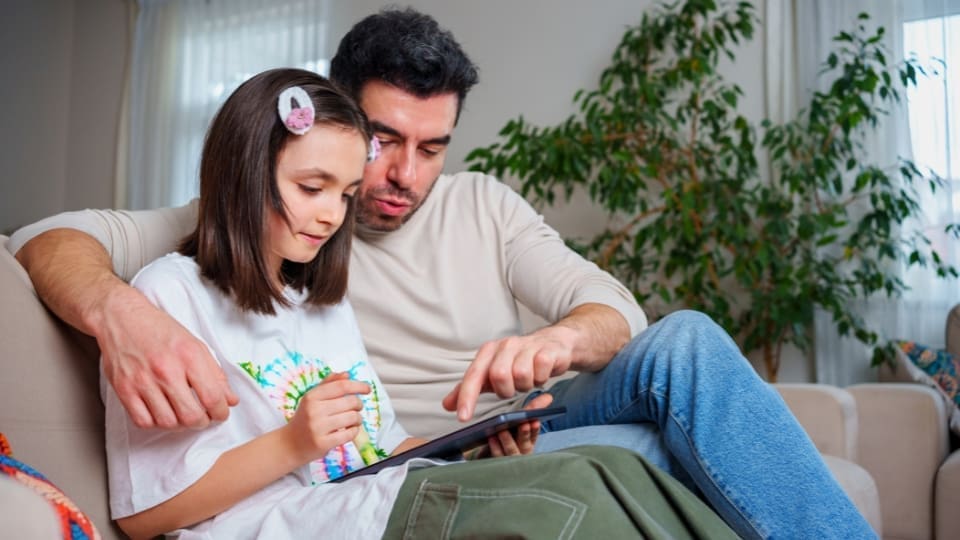
A supportive workplace meant the world after Mum’s diagnosis
When Rosie’s mum, Dawnie, was diagnosed with young onset Alzheimer’s disease, her employer ensured caring responsibilities were fully supported.

The death of someone close, even when expected has a huge effect on the whole family. Often, parents and adults avoid talking to young people about the death of a loved one as a way of protecting them. Children and teenagers experiencing loss may not know how to express their feelings. They may need additional understanding and support to do so. Recognising your own grief and the support you need is also important, so you can help your child deal with their own loss too.
Caring for someone with dementia can lead to anxiety, stress and feelings of loss. These feelings can often occur even before the person with dementia has died. As the person’s abilities start to change there can be a feeling of loss, sadness and even anger. This is called anticipatory grief. Children may experience this, especially if their relationship with the person changes significantly. They may take on more of a caring role and feel they should behave differently around the person with dementia. They can feel they are losing a family member who was previously involved in caring for them. They may feel that they can’t talk about it and express their emotions through behaviour. Anticipatory grief is normal, but it is not spoken about as much as grief associated with death.
Our virtual clinics give you the chance to discuss any questions or concerns with a dementia specialist Admiral Nurse by phone or video call, at a time that suits you.

When Rosie’s mum, Dawnie, was diagnosed with young onset Alzheimer’s disease, her employer ensured caring responsibilities were fully supported.

Glenn shares how flexible working arrangements and support from his managers enables him to continue working whilst prioritising his wife Helen's care.

Will shares how his mum's diagnosis impacted the family and highlights the importance of advocating for young carers.